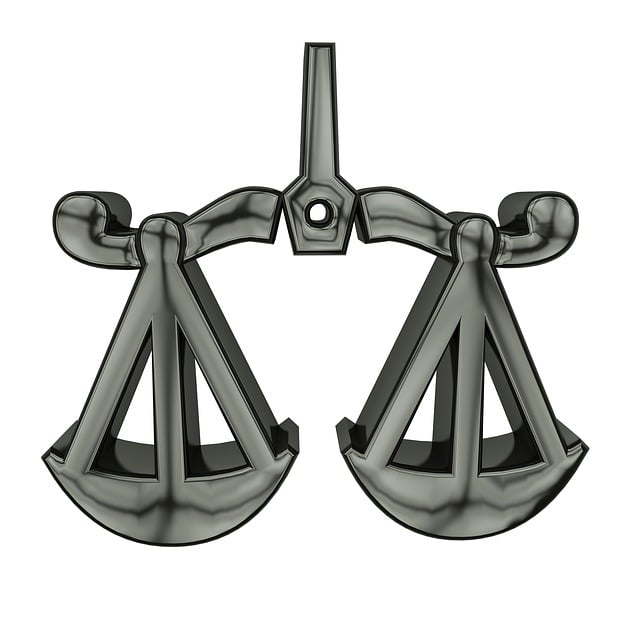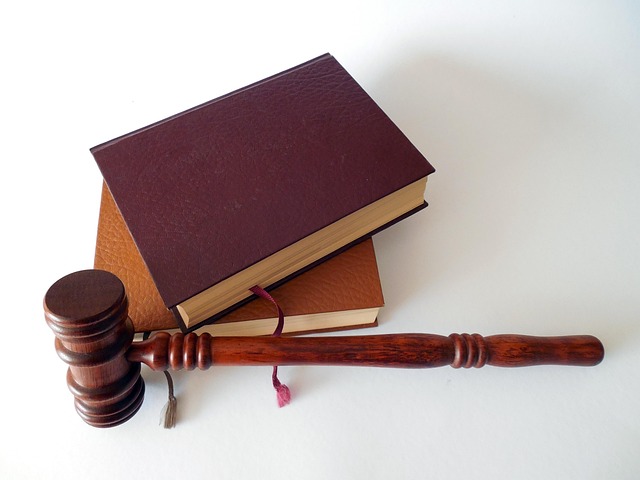Regulatory fraud laws are essential for upholding ethical business practices and protecting public trust, with a proven record of successful prosecutions that deter unethical behavior. Understanding best self-defense tactics in criminal cases is crucial, involving robust defense strategies that challenge evidence, highlight procedural issues, and utilize expert testimony. Key steps include gathering comprehensive evidence, maintaining detailed records, adhering to compliance standards, and employing transparent evidentiary handling procedures to ensure fairness and credibility.
In the intricate web of legal practices, regulatory fraud laws stand as guardians against deceptive acts. This article delves into the fundamentals and expansive reach of these laws, offering a comprehensive guide for navigating complex scenarios. From understanding the basics to crafting robust defense strategies, we explore essential elements.
Learn best-practice evidence handling for integrity and discover effective countermeasures in criminal cases, focusing on the best self-defense tactics to safeguard your legal rights.
- Understanding Regulatory Fraud Laws: Basics and Scope
- Self-Defense Tactics: Protecting Your Legal Rights
- Building a Strong Defense Strategy: Key Elements
- Evidence Handling: Best Practices for Integrity
- Navigating Criminal Cases: Effective Countermeasures
Understanding Regulatory Fraud Laws: Basics and Scope

Regulatory fraud laws are designed to protect the integrity of business transactions and maintain public trust in various industries. These laws cover a wide range of activities, from financial misreporting to product safety violations. Understanding these regulations is crucial for both corporate and individual clients, as they serve as the best self-defense tactics in criminal cases, ensuring accountability and deterring unethical practices.
The scope of regulatory fraud includes all stages of the investigative and enforcement process, making it a complex yet vital aspect of legal compliance. With an unprecedented track record of successful prosecutions, these laws not only penalize offenders but also send a strong message about the consequences of fraudulent behavior. This comprehensive approach fosters integrity in business operations and safeguards consumers and investors alike.
Self-Defense Tactics: Protecting Your Legal Rights

In the face of regulatory fraud accusations, individuals often find themselves in a high-stakes legal battle. One of the key aspects of navigating these complex cases is understanding self-defense tactics that protect your legal rights. The best self-defense tactics in criminal cases involve building a robust defense strategy that challenges the prosecution’s evidence and highlights any procedural irregularities. This can include meticulous document review, expert witness testimony, and a thorough examination of the facts to uncover potential entrapment or lack of intent.
By employing these strategies, individuals can defend themselves against charges that may stem from white-collar offenses, ensuring fairness within the philanthropic and political communities across the country. It’s crucial to engage skilled legal counsel who specializes in these areas to implement the most effective self-defense tactics tailored to each unique case. This proactive approach not only safeguards one’s rights but also strengthens the overall integrity of the legal process.
Building a Strong Defense Strategy: Key Elements

In building a strong defense strategy for regulatory fraud laws, especially in high-stakes cases, understanding and employing the best self-defense tactics are crucial. The first step involves gathering comprehensive evidence that challenges the prosecution’s claims. This includes meticulously documenting all interactions within the respective business, ensuring transparency, and preserving communications that demonstrate compliance with regulations. Engaging expert witnesses who can provide insights into industry standards and regulatory practices is another potent tactic. These experts can help clarify ambiguities in laws and regulations, potentially avoiding indictment by showing reasonable interpretations and good faith efforts.
Additionally, proactive communication with regulatory bodies before any charges are filed can be invaluable. This approach allows for the clarification of misunderstandings and demonstrates a commitment to upholding legal standards. By presenting a well-prepared, factually robust defense that considers all applicable laws and regulations, individuals and businesses can significantly strengthen their positions in navigating these complex cases, thereby enhancing their chances of avoiding indictment.
Evidence Handling: Best Practices for Integrity

Maintaining the integrity of evidence is paramount in regulatory fraud cases, serving as the cornerstone for robust investigations and subsequent jury trials across the country. Adhering to best practices ensures that evidence handling remains untainted, fortifying the defense strategy and enhancing the potential for achieving extraordinary results. This involves meticulous documentation, secure storage, and stringent protocols to prevent any tampering or alterations.
Implementing transparent procedures, such as chain-of-custody logs and digital tracking, allows for a clear audit trail, verifying the integrity of each piece of evidence. Additionally, educating personnel on ethical handling and the potential consequences of misconduct creates a culture of accountability. These best self-defense tactics in criminal cases not only safeguard the evidentiary process but also uphold the overall fairness and credibility of regulatory fraud investigations.
Navigating Criminal Cases: Effective Countermeasures

Navigating criminal cases involving regulatory fraud requires a strategic approach to protect one’s rights and interests. The best self-defense tactics in such scenarios involve understanding the legal landscape and employing proactive measures. For his clients, it is crucial to gather comprehensive evidence, document interactions, and maintain detailed records from the outset. This preparation can significantly strengthen their position if they face jury trials or other legal proceedings.
Additionally, legal professionals should advise clients on avoiding indictment by exploring alternative dispute resolution methods, such as mediation or negotiated settlements. These strategies not only help in resolving the case without a criminal record but also showcase proactive measures taken to rectify any wrongdoings. Effective countermeasures involve staying informed about regulatory updates, adhering strictly to compliance standards, and fostering open communication with legal representatives throughout the process.
Regulatory fraud laws are designed to protect public trust and ensure fair markets. Understanding these laws, knowing your rights, and implementing a robust defense strategy are essential tools for navigating criminal cases. By employing best self-defense tactics, individuals can safeguard their legal rights and uphold the integrity of evidence handling. Staying informed and prepared is crucial in navigating complex regulatory fraud allegations, enabling effective countermeasures and just outcomes.






